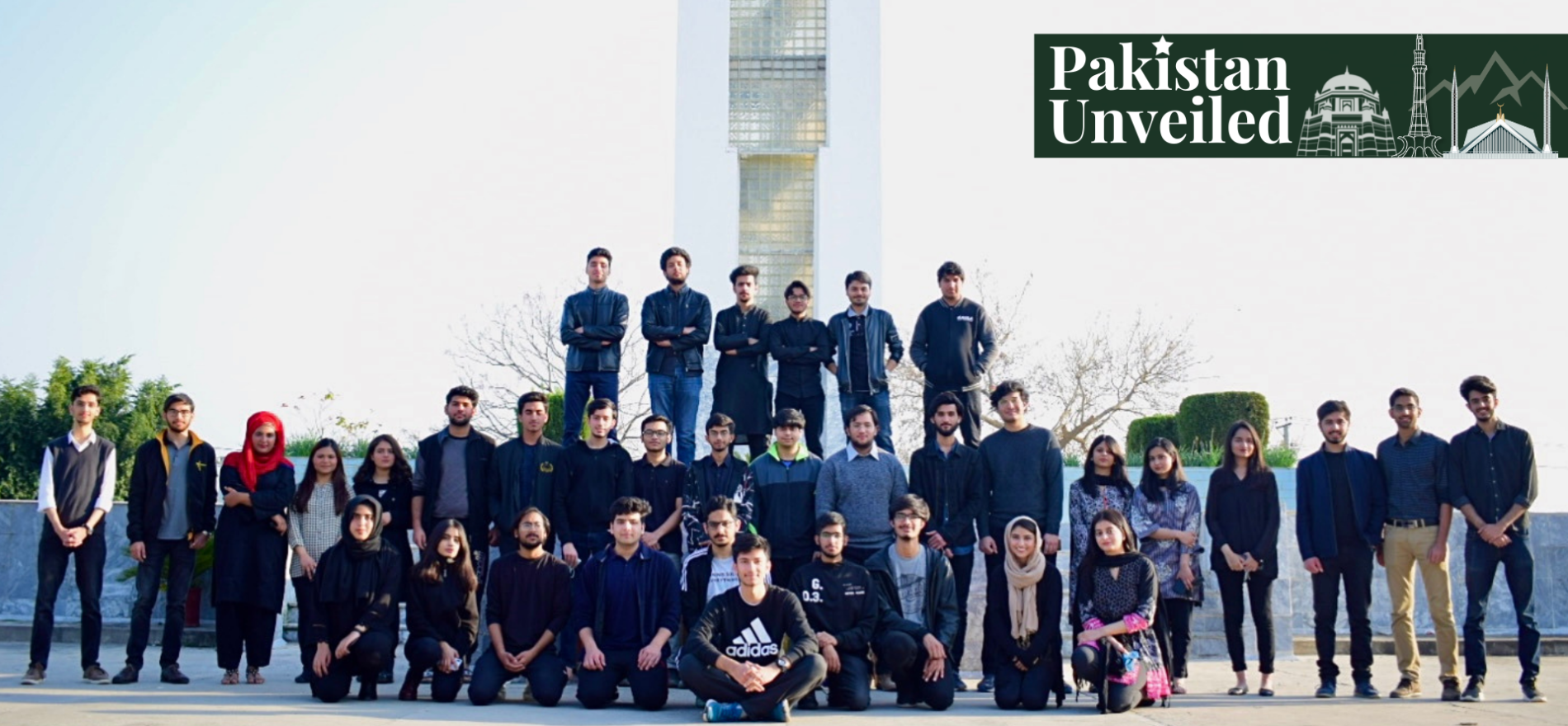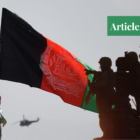Mr Muhammad Zaid Alvi is a first-year Mechanical Engineering student at Ghulam Ishaq Institute of Engineering Sciences and Technology (GIKI). He is very passionate about making drones and desires to represent Team Foxtrot and Pakistan at the tnternational level.
Team Foxtrot
Team Foxtrot is a group of engineers from the Ghulam Ishaq Khan Institute of Engineering Sciences and Technology (GIKI) who specialize in creating planes, drones, and unmanned aerial vehicles (UAVs).
With a desire to represent Pakistan and GIKI in the development of unmanned aerial vehicles (UAVs), the team competes in the international UAS (Unmanned Aircraft Systems) Challenge which is held every year in the United Kingdom by IMechE (Institute of Mechanical Engineers).
Drone’s Abilities
Our drone can also be programmed to do a variety of helpful jobs. This can be accomplished by affixing equipment to it in order to get the desired result. For example, it can be utilized for agricultural activities, spraying pesticides on crops, and identifying bugs or pests that might impair that year’s yield, among other things.
Aside from that, it can easily be customized to do day and night surveillance and wildlife management by deploying nets to capture and preserve endangered species and utilizing a LiDAR to map pollutant gas density and acquire high-resolution topographical data to construct digital elevation models and build accurate maps displaying canopy cover.
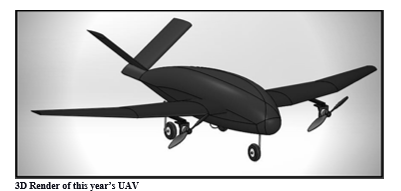
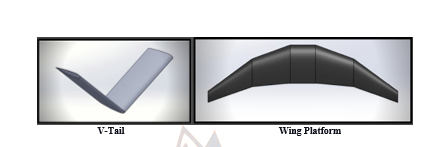
By mounting a loudspeaker with an amplifier, it may also be used as a hazing device to dissuade wildlife from locations. The abovementioned applications can have a significant economic impact since they allow the government to save money that would otherwise be spent on paying professional staff, acquiring expensive surveillance vehicles, and employing helicopters.
Agricultural usage may also boost yearly crop yields, as well as its function in environmental protection. Wildlife management will aid in the preservation of Pakistan’s endangered and valuable creatures.
The Team
The 2021 team is divided into several sub-teams, each with its own aim and set of rules to follow their individual deadlines: Design, Fabrication, Automation Systems, Imaging Systems, Testing, Documentation, Media, Marketing, and Sponsorship teams. The sub-teams are interdependent, indicating that they have shared aims. We make fully autonomous UAVs, which means that once trained, our UAVs will fly entirely on their own, without the need for human involvement.
- Muhammad Uzair(Team manager)
- Fahad Saeed (Team manager)
- Syed Usama Ali (Team Coordinator)
- Abdullah bin Masood
- Ali Absar
- Ali Khawaja
- Areeb Amir
- Bilal Tahir
- Filza Shoaib
- Hamna Saeed
- Haroon Ali
- Ihzam Zia
- Laiba Bilal
- Zain Siddiqui
- Zayan Shahid
The 2021 UAS Challenge
The goal of the competition is to promote technology-driven humanitarian initiatives by undertaking relief and aid missions in artificially created disaster scenarios. The UAS Challenge as a whole includes a variety of objectives, one of which is to detect alphanumeric letters and their colors while in flight.
As a result, AI systems, neural networks, and parallel computing are among the projects that the team is focusing on. During a dynamic flight, Team Foxtrot created a neural network that recognized alphanumeric letters and colors correctly. Full autonomy is attained in phases using mission planner software and the Pixhawk flight management unit, starting with calibrations and pre-flight tests.
In their first year, Team Foxtrot won the “Highest Placed New Entrant Award” and placed among the Top 10 teams, outperforming some of the UK’s most prestigious colleges while also being the only international team among the new entrants. Moreover, in its initial design review, Team Foxtrot received a flawless 15/15 score, trouncing the other 33 teams in this respect.
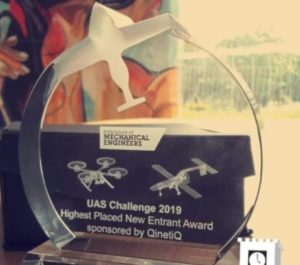
In fact, no team has ever accomplished this score before in the history of the competition. These accomplishments are strong indications of the team members’ underlying capability. Considering their resolve and hard work, Team Foxtrot has its eyes set on coming first place in the 2021 UAS Challenge.
The STEM Outreach Initiative
The STEM outreach initiative of Team Foxtrot aims to help young brains acquire UAV-related cognitive capabilities. We’ve held workshops at a variety of schools around Pakistan, with the goal of teaching students about the practical uses of autonomous UAVs in the current day. STEM education will inspire more young people to choose engineering as a career, as well as provide opportunities for them to participate in enjoyable and practical engineering and aeronautical activities.
The goal of Team Foxtrot is to improve Pakistan’s international standing in the areas of automation and artificial intelligence. Drones can be used in Pakistan to mitigate the result of floods and earthquakes. Drones can be used to conduct surveillance and drop assistance packages to persons in need in such situations.
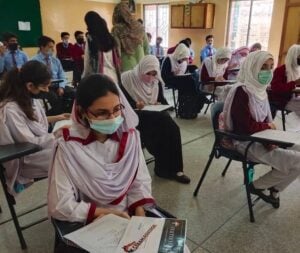
Drones may also be a source of economic growth for Pakistan in terms of several elements and a reduction in road congestion; in other words, they may be employed as delivery companions. Our team makes it its mission to promote AI systems that will pave Pakistan’s way to progression.
We will continue rigorously manufacturing UAVs which will decidedly improve Pakistan’s economy by bringing about a decline in pollution, traffic limitations, and cost of rescue operations. With that as our mission, we are prepared to win the 2021 UAS Challenge.
If you want to submit your articles and/or research papers, please check the Submissions page.
The views and opinions expressed in this article/paper are the author’s own and do not necessarily reflect the editorial position of Paradigm Shift.
